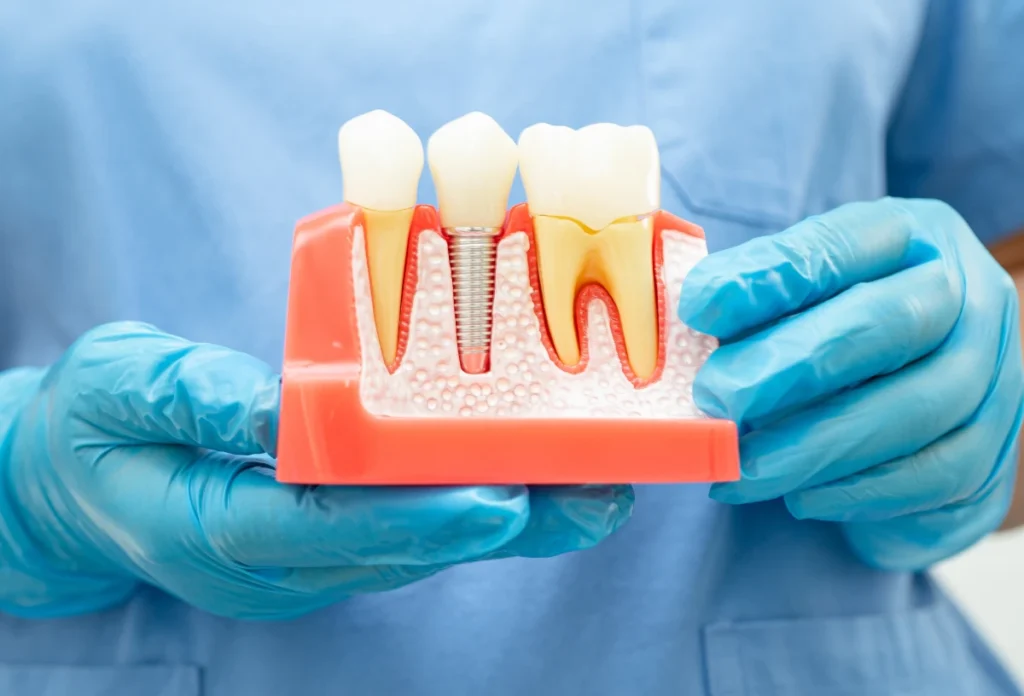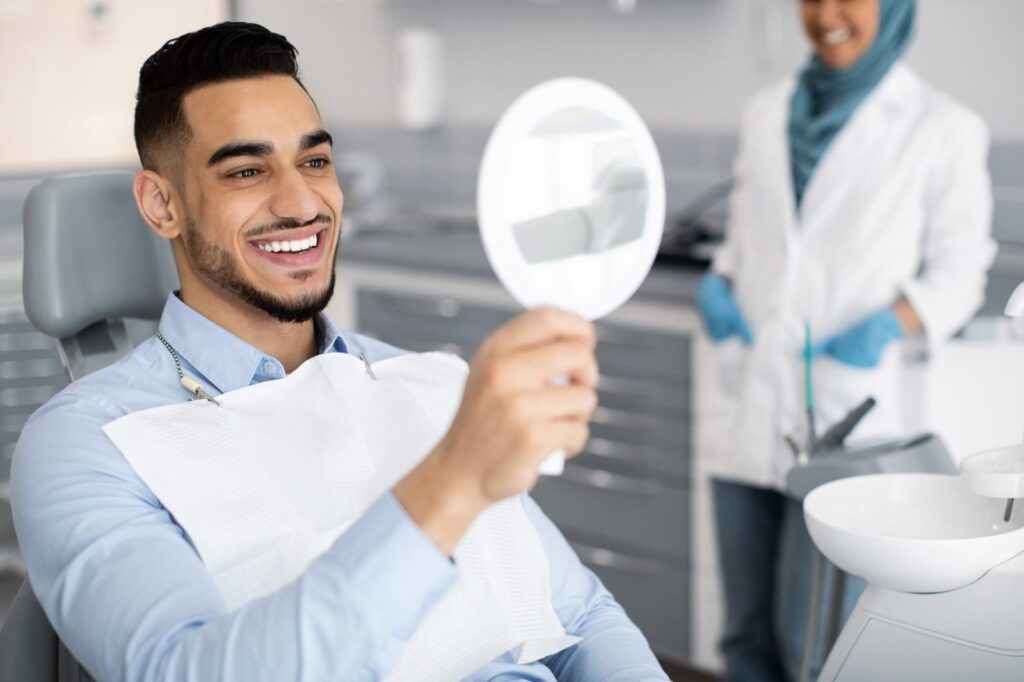Updated: 2/21/2020
Driving home after work you have to shake your head every now and then to keep from zoning out. Your eyes can’t really focus, so you keep looking around to keep the road from completely blurring. You’re getting a headache, and your neck hurts as you strain to keep your burning eyes open. If this sounds familiar, you might have Computer Vision Syndrome (CVS).
What is Computer Vision Syndrome?
This can come from as little as 2 hours a day to more than 10 hours a day spent in front of the computer, depending on your job or home requirements. Your eyesight can take a hit after staring at a computer screen for hours, and it might last longer than the time it takes to drive home.
Despite all the modern screen technology, our eyes still can’t process digitized words as well as words printed on a page. Dr. Bruce P. Rosenthal explains why in a Fox News article:
Printed materials have well-defined edges and screen characters don’t. Our eyes work hard to remain focused on screen characters and to temporarily relieve stress, our eyes drift and then strain to refocus. The constant muscle flexing causes fatigue. Keep in mind that computer screens aren’t the only screens that matter — most of your electronic toys, such as cell phones and PDAs, also cause eyestrain.
Essentially, it’s everywhere. You can’t just avoid all screens forever, but you also don’t want to harm your vision. Adjusting a few things in your life could help your eyesight without interrupting your screen time.
How to Save Your Eyesight
Here are some tips, some taken from the Fox News website, on how to clear up your vision.
Adjust the Lighting
Most office settings use harsh light and bright computer screens (and no wonder – you don’t want a dim, soothing nap room when you’re trying to put together a report or compose that important e-mail). You can’t ask your boss to dim the lights just for you, but there are a few things you can do to improve the situation:
- Close the curtains. If you’re near a window, draw the curtains or adjust the blinds.
- Adjust the angle of your computer screen to minimize the glare from a light source. Even if you can’t see a glare, it could be hurting your eyes. Try turning your computer off to see if there’s any glare against the plain black screen.

- Tough it out. Your body will need time to adjust to the dimmer light, so don’t assume it’s a lost cause after a day or two of tiredness.
- Use an anti-glare computer screen or install a glare hood if your computer still seems to be reflecting every light in the room with burning intensity.
Change Your Computer Settings
A few clicks on your computer can ease the strain on your eyes.
- Enlarge the text size. This doesn’t mean switching to the senior citizen easy reader’s version (unless, of course, you who would prefer much larger text), but most computers allow you to enlarge the text by one or two sizes. This small change can help reduce eye strain.
- Lower the brightness setting on your computer. Most computers automatically default to a very bright setting. If you can close your eyes, turn away from your computer and still see an imprint of the screen on your eyelids, you probably need to go to the settings menu and make it a little darker. Be careful, though – too dark, and you could be just as bad off as you were before. Find the setting that’s best for you. You can also adjust the contrast of your screen.
- Clean your screen. Dust and smudges can make your eyes strain harder to see what’s behind it.
Adjust Your Habits
Changing a few habits in how you work could also help improve your vision.
- Take a break! This doesn’t mean go loiter in the break room every half hour, but do give your eyes about 5 minutes out of every hour to look around and focus on other things around the room. Especially try to focus on things in the distance.
- Give it some space. If you find yourself leaning in closer and closer to your screen as the day progresses, make sure you’re sitting far enough away that your eyes remain about 20-24 inches away from the computer monitor.
- If you wear glasses, ask for a special computer prescription. Reading glasses may not work effectively, because the line of sight is shorter when you read than when you work on the computer.
If you need a vision plan to help with any eyecare expenses, the Eyemed vision plan actually comes free with membership in the Careington discount dental plan.






